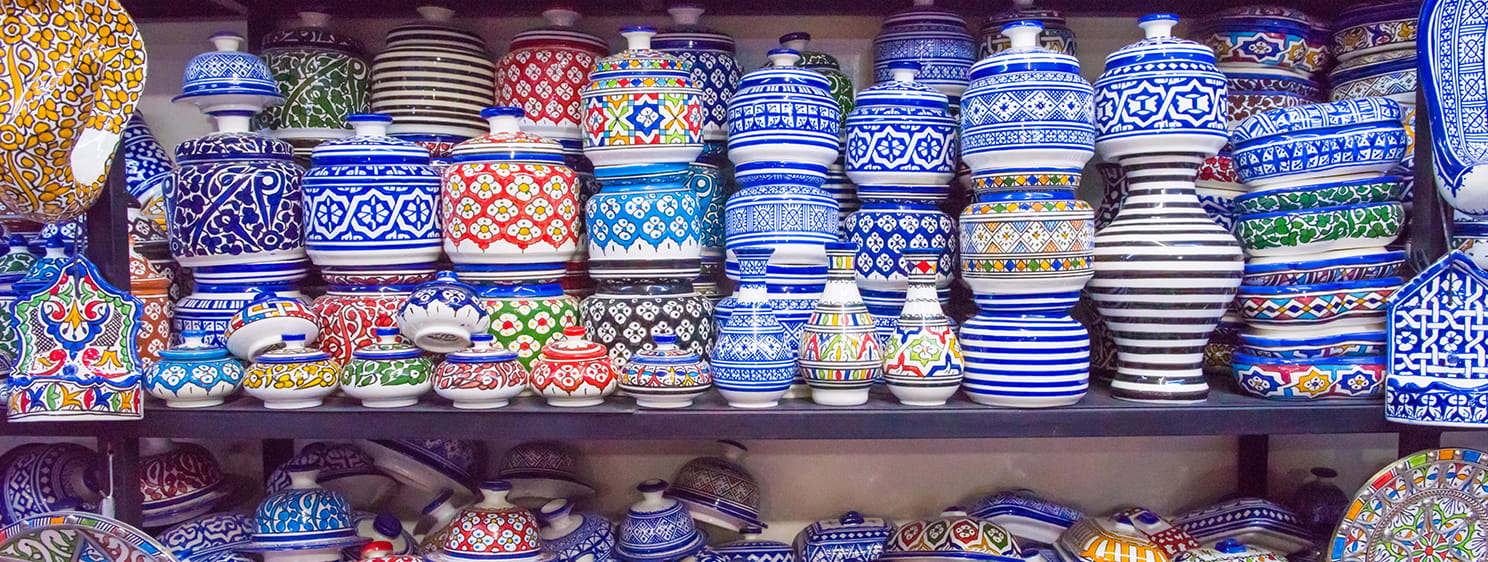|
Getting your Trinity Audio player ready...
|
In artisanal industries like fair-trade coffee, organic textiles, and handmade jewelry, transparency and trust are paramount. Consumers increasingly demand proof of ethical sourcing and authenticity, yet traditional supply chain systems often lack the granularity to provide it. BSV, with its scalable blockchain, low-cost transactions, and tamper-proof data storage, offers a powerful solution for recording supply chain provenance in these niche markets. By enabling small producers to document origin, certifications, and production processes on-chain, BSV fosters consumer confidence and eliminates costly intermediaries. This article explores how BSV transforms artisanal supply chains and its potential to empower small-scale producers.
The provenance problem in artisanal markets
Artisanal industries face unique supply chain challenges. Small producers, such as coffee farmers or weavers, often lack the resources to verify ethical practices or certifications, leaving them vulnerable to exploitation by middlemen. Consumers, meanwhile, struggle to distinguish genuine fair-trade or organic products from greenwashed alternatives. For example, only 10%-20% of “fair-trade” coffee sales directly benefit farmers, per industry reports. This highlights the need for a supply chain that is both transparent and supporting of its producers.
Blockchain technology promises to address these issues by recording immutable provenance data, but most blockchains are too expensive or limited for small-scale applications. BSV’s high throughput and affordability uniquely suit artisanal industries, where low margins and frequent transactions demand cost-effective solutions.
BSV’s technical fit for provenance
BSV blockchain is designed for high-volume data recording. Its unbounded block size—reaching 4GB in tests—supports 1,000,000 TPS, enabling real-time tracking of supply chain events, from harvest to retail. Transaction fees below $0.00011 allow small producers to log data points—like organic certification or fair-trade compliance—without breaking the bank. BSV’s immutable ledger ensures that provenance records, once recorded, cannot be altered, providing verifiable proof of authenticity.
BSV’s data storage capabilities are particularly valuable for artisanal markets. Producers can embed detailed metadata into the blockchain, such as farm GPS coordinates, worker wages, or carbon footprint. Consumers can access this data via QR codes on product packaging, using apps to verify claims. This transparency provides a way for producers to ensure truth in relation to their buyers.
Niche applications: Artisanal empowerment
BSV’s provenance capabilities shine in artisanal contexts. In fair-trade coffee, farmers can record harvest dates, processing methods, and certifications on-chain, allowing roasters and consumers to verify ethical sourcing. Cooperatives in regions like Ethiopia could use BSV to pool data, reducing costs and increasing market access. Similarly, organic textile producers can document dye sources or labor conditions, appealing to eco-conscious buyers.
Often sold in niche markets, handmade jewellery benefits from BSV’s ability to tokenize individual pieces. Artisans can create digital certificates of authenticity, linking physical items to blockchain records that detail gemstone origins or craftsmanship details. This builds trust in markets plagued by counterfeit goods. BSV’s micropayment functionality also enables producers to receive direct payments from consumers, bypassing exploitative distributors.The future: Scaling artisanal trust
BSV’s potential to transform artisanal supply chains is already taking shape. Projects are developing platforms to integrate provenance tracking into small-scale production, while the BSV Association promotes adoption in developing regions. As consumer demand for ethical products grows—projected to reach $150 billion by 2030—BSV’s scalable infrastructure could become a standard for artisanal markets.
Conclusion
BSV’s scalable blockchain, low fees, and immutable data storage make it a game-changer for artisanal supply chain provenance. By enabling small producers to document ethical practices and authenticity, BSV builds consumer trust and reduces reliance on middlemen. From fair-trade coffee to handmade jewelry, its niche applications empower producers and align with the growing demand for transparency. As artisanal markets expand, BSV is poised to redefine supply chain trust, proving blockchain can deliver equitable benefits for small-scale industries.
Watch: Unpacking Bitcoin sustainability at the London Blockchain Conference 2024

 02-23-2026
02-23-2026 




